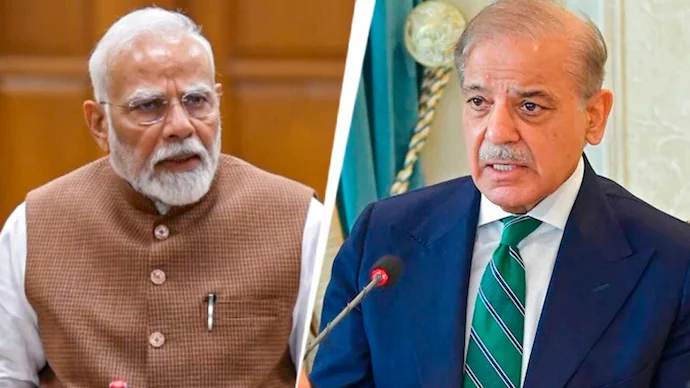In a significant development aimed at easing long-standing tensions in South Asia, Pakistan’s Prime Minister recently declared his readiness to engage in direct talks with India. The announcement marks a hopeful moment for diplomatic dialogue between the two nuclear-armed neighbors, who have experienced decades of political and military discord. The call for dialogue comes amid ongoing regional challenges and growing international appeals for peace.
The Prime Minister of Pakistan, addressing national and international audiences, emphasized the urgency of resolving disputes through peaceful negotiations rather than confrontation. He highlighted that the recent escalation of tensions had caused setbacks in bilateral relations, adversely affecting the stability and economic prospects of both nations.
Historically, the India-Pakistan relationship has been fraught with conflicts, especially over the disputed territory of Jammu and Kashmir. Both countries have fought multiple wars since their independence in 1947, and diplomatic efforts have often been stymied by mistrust and political changes. However, the Prime Minister’s latest remarks signal a potential thaw in this entrenched hostility.
In his statement, the Pakistani leader conveyed a message of openness, stating that his government is prepared to “put all disputes on the negotiation table” and work towards durable peace. This announcement follows recent international diplomatic pressure, including calls from global powers and regional stakeholders urging both countries to avoid conflict and pursue dialogue.
Experts and analysts welcome this development cautiously, noting that while the declaration is promising, the path to substantive talks remains complex. Key issues such as cross-border terrorism, trade restrictions, and Kashmir’s status will need comprehensive and sensitive handling.
Moreover, the Prime Minister’s proposal includes confidence-building measures, such as resuming cross-border trade and cultural exchanges, which could foster goodwill and create a conducive environment for negotiations. These measures, if implemented, may help reduce public hostility and build trust at the grassroots level.
The Indian government has yet to respond formally to the statement, but previous administrations have expressed skepticism about Pakistan’s intentions, citing incidents of violence and terrorism linked to elements within Pakistan. Nonetheless, international observers urge both parties to seize this opportunity for dialogue, emphasizing that peaceful coexistence is essential for regional security and economic growth.
Conclusion:
Pakistan’s Prime Minister’s readiness to engage in talks with India represents a pivotal moment in the pursuit of peace on the subcontinent. While challenges remain substantial, the willingness to negotiate offers a hopeful prospect for resolving entrenched disputes that have long hindered progress. The coming weeks will be critical in determining whether this diplomatic opening will translate into meaningful dialogue, potentially reshaping the future of India-Pakistan relations and contributing to regional stability.



